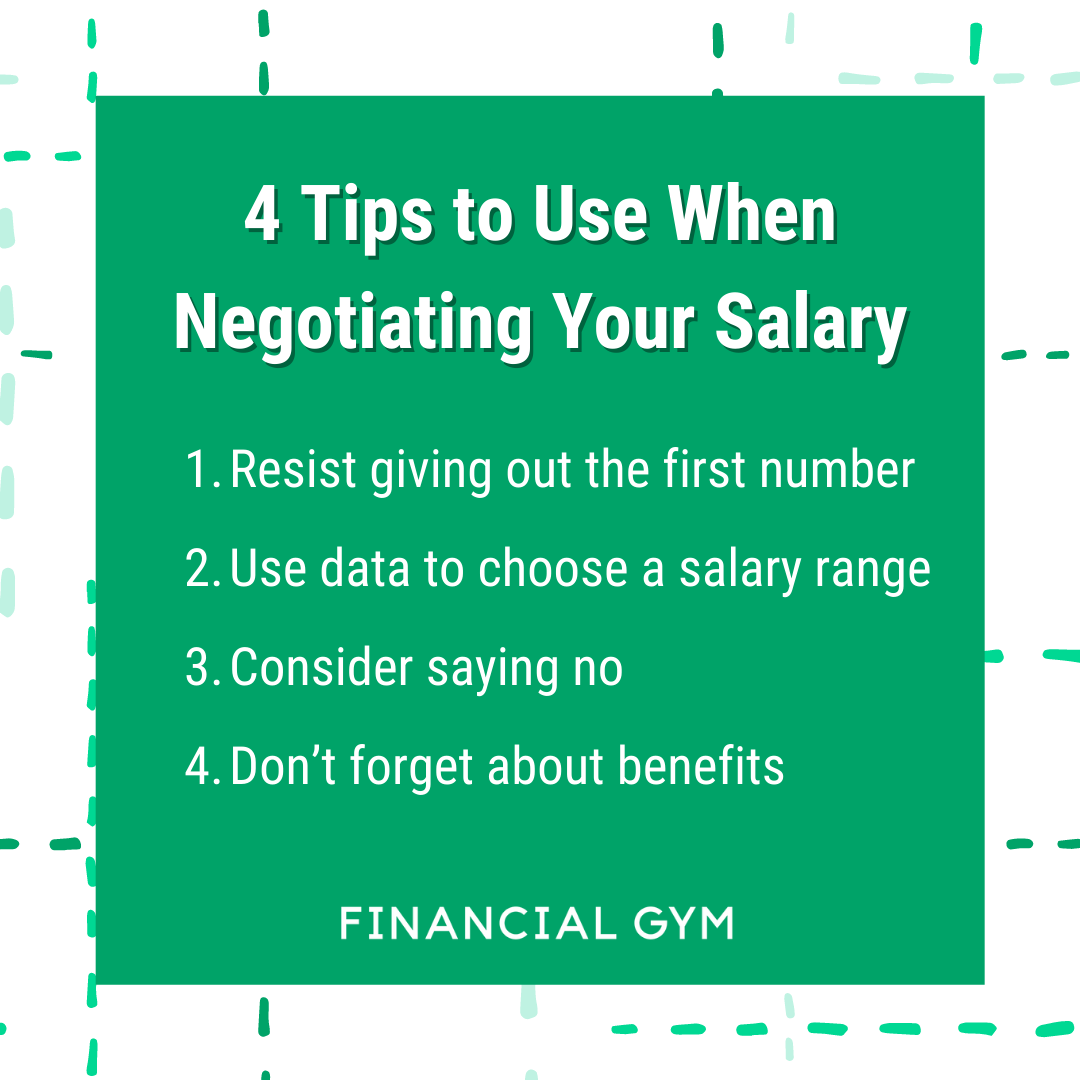Top Salary Negotiation Strategies to Use Now
As part of Women’s History Month, we want to provide women with a resource to negotiate higher salaries. Negotiating pay isn’t always the most natural skill, and it can be especially difficult for women.
These strategies can be used to unlock the door to earning more money whether you’re interviewing for a new job or asking for a raise with your current employer.
The gender pay gap: What is it?
Although workplace conditions, opportunities and salaries have improved for women in recent years, there’s still a significant disparity in how much men and women are paid.
Payscale reported that women made $0.82 for every dollar that men made in 2021. And women of color experience an even larger gap. Women who identify as American Indian, Alaska Native, Black and Hispanic earn 26% less than Caucasian men.
While there are many reasons the gender gap exists, a sheer lack of opportunities fuels the fire. In general, women are less likely to hold top-level, high-paying positions compared to men.
Some employers also make unconscious assumptions based on false gender roles — like women being more suited for support roles.
This opportunity gap translates to women moving up the workplace ladder at a slower pace, often overlooked for management positions or promotions.
How to negotiate salary for women
If discussing finances — particularly what you’ve earned and what you should be earning — makes you uneasy, you’re not alone. Research shows that men are four times more likely to negotiate than women.
But if you don’t approach the subject, you likely won’t receive what you deserve. So, as uncomfortable as you may feel, it’s absolutely in your best interest to negotiate your salary.
Salary negotiation tips
When you enter an interview, you should have a general idea of how much you want to earn. This includes doing market research to understand what others in your role are making.
Here are some salary negotiation tips to help prepare and guide you through the process.
Resist giving out the first number. When interviewing, wait for the employer to bring up the topic of compensation. Then, do your best to steer the conversation so the employer provides the initial offer. This prevents you from unintentionally lowballing yourself if their budget is larger than you assume. If they directly ask about your salary requirements, let them know you’re open to discussing it based on the position and compensation package.
Use data to choose a salary range. Provide an acceptable range based on the research you’ve collected. Be clear about why the range is appropriate based on the market, and your unique experience and skill set. Don’t talk about your finances at home or why you need more money.
Consider saying no. If you really want the job, don’t go this route. If you’re willing to forgo an opportunity with an employer if their compensation isn’t adequate, declining the job offer could get you a better counter-offer. At minimum, provide an “I need time to consider your offer” to encourage the employer to reconsider their terms while they wait for your answer.
Don’t forget about benefits. If the employer isn’t open to negotiating on salary, ask for better employee benefits or perks. The ability to work from home once a week or securing an extra week of paid vacation are a few examples that can be negotiated into a compensation package.
Negotiating a raise
Before you talk yourself out of asking for a raise, know that requesting one is completely normal. After all, your male counterparts are doing it regularly. It’s not greedy or entitled — it’s simply a part of doing business.
Ask. This one seems obvious, but many women don’t ask for raises because they feel uncomfortable or assume the employer will offer it when it’s time.
Know what you want and do your research. Provide your employer with a number or range backed by data. Collect your performance review documents, salary research and relevant raise information ahead of time so you can justify the increase with clear examples.
Craft your pitch around what’s best for the organization. Focus on how your long-term success benefits the company. This can signal to your employer that you aren’t going anywhere and are looking out for the best interest of everyone involved.
Make the negotiation a problem-solving experience instead of an ultimatum. Go into the negotiation with flexibility in mind. This should be an open discussion where both parties are willing to work together and find a positive, common ground.
Sometimes the answer is “no.” If that’s the case, ask your employer to provide a reason and suggested steps you can take going forward. This will help you know what you need to do to get where you want to be in the company.
If you’ve been passed over for a well-earned raise or promotion on multiple occasions, it may be time to find a new employer. Release the guilt and find an employer who will appreciate your hard work and talents.

